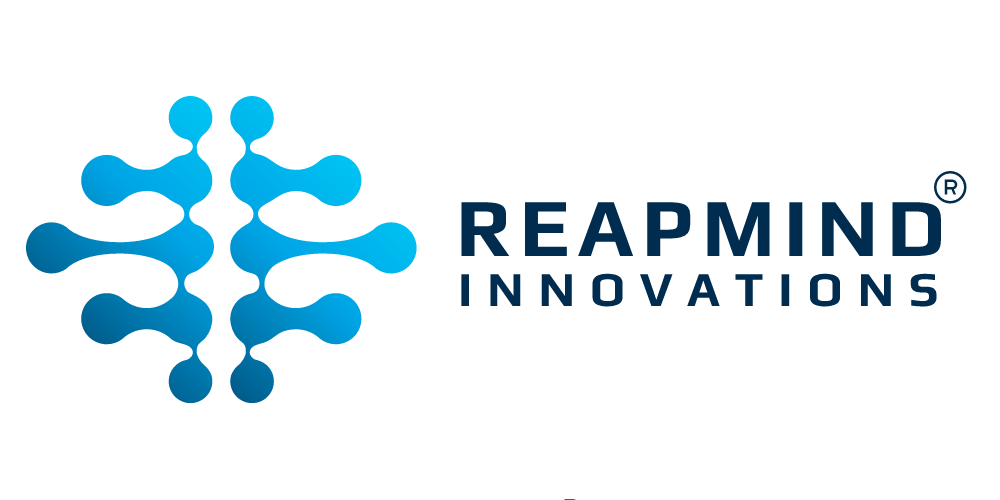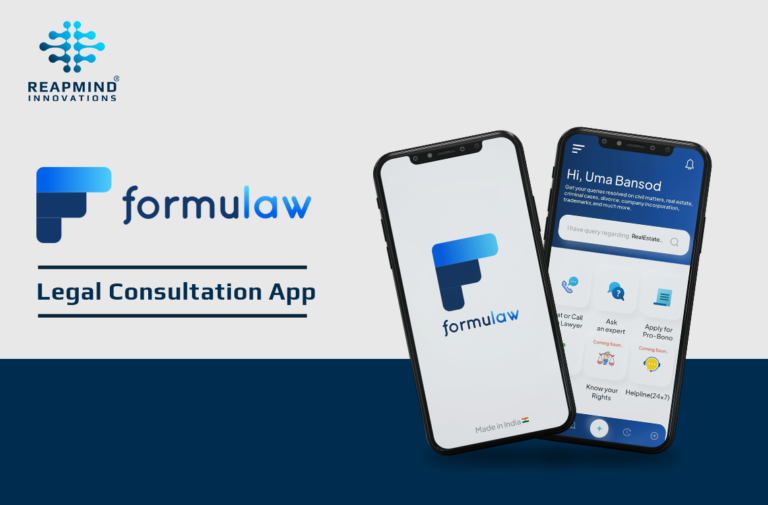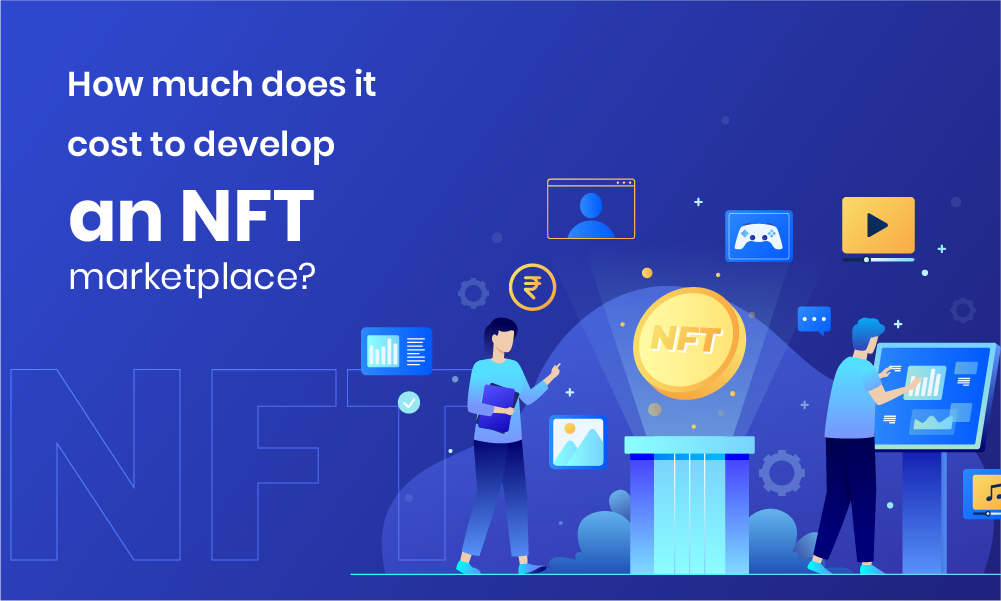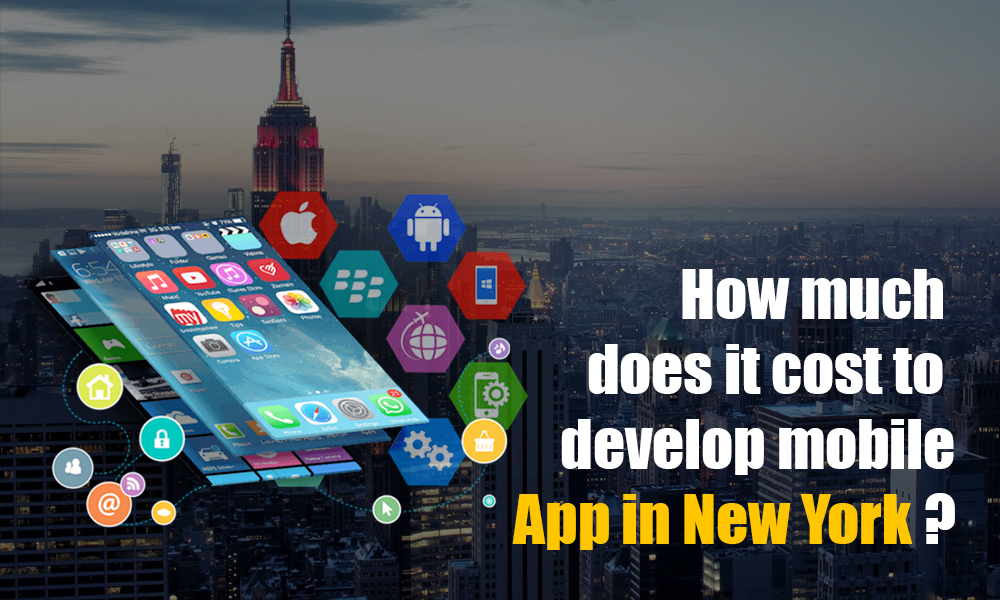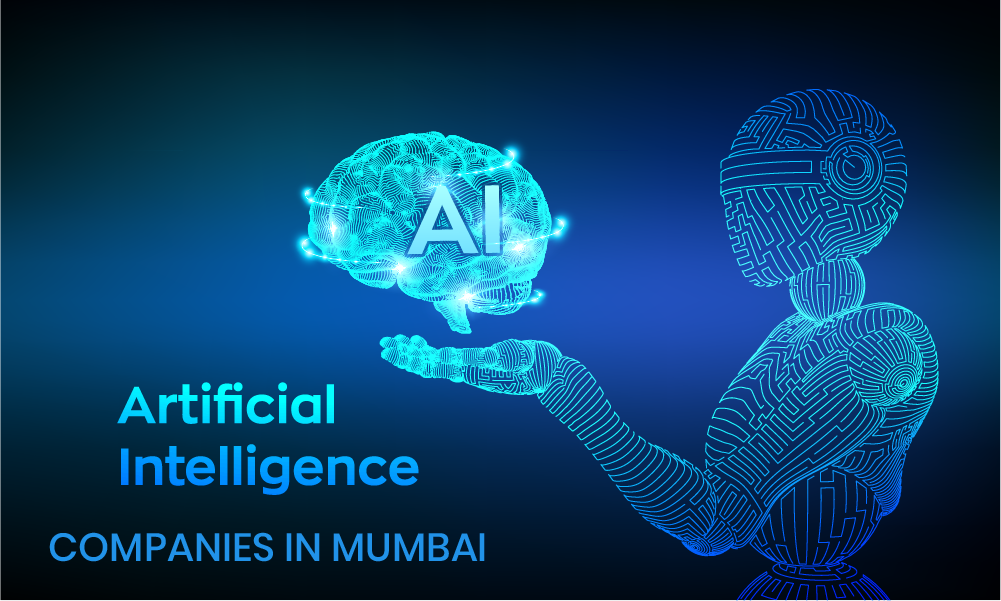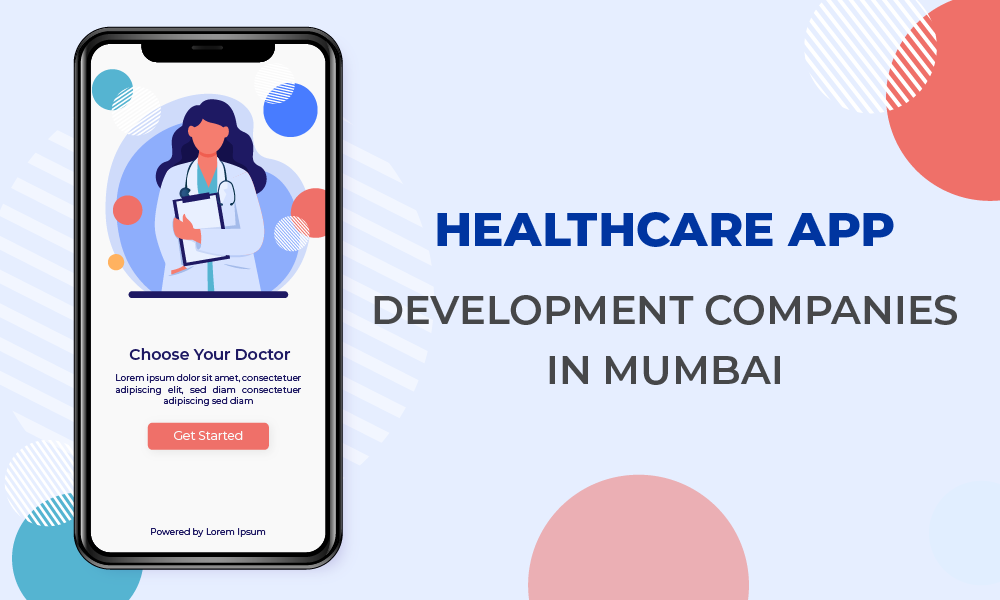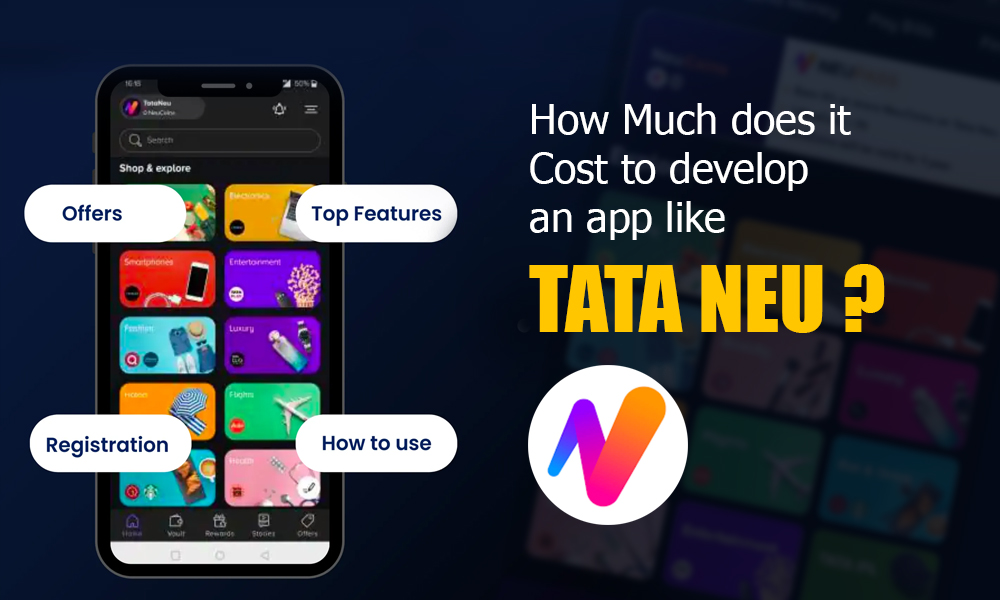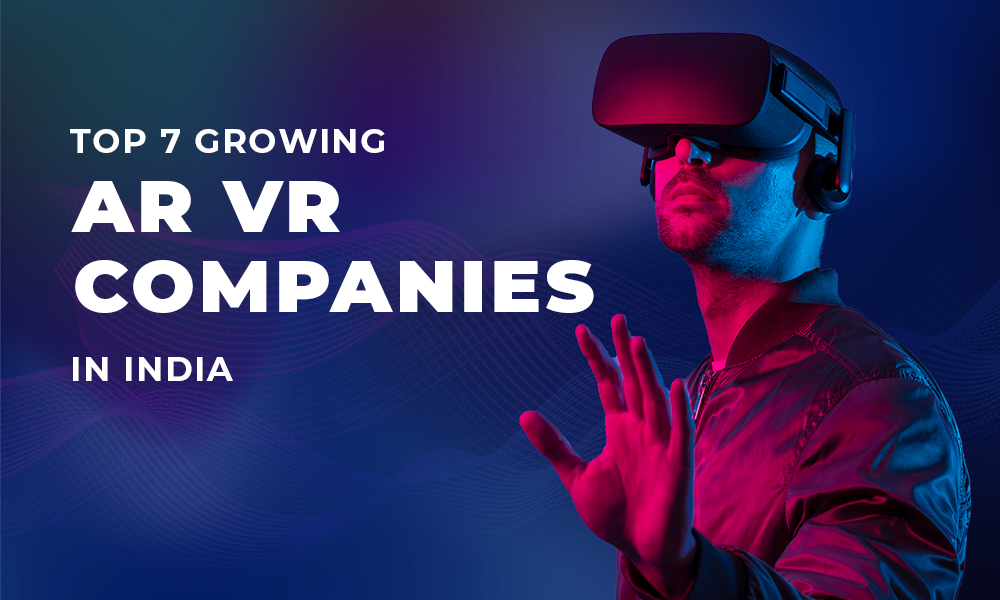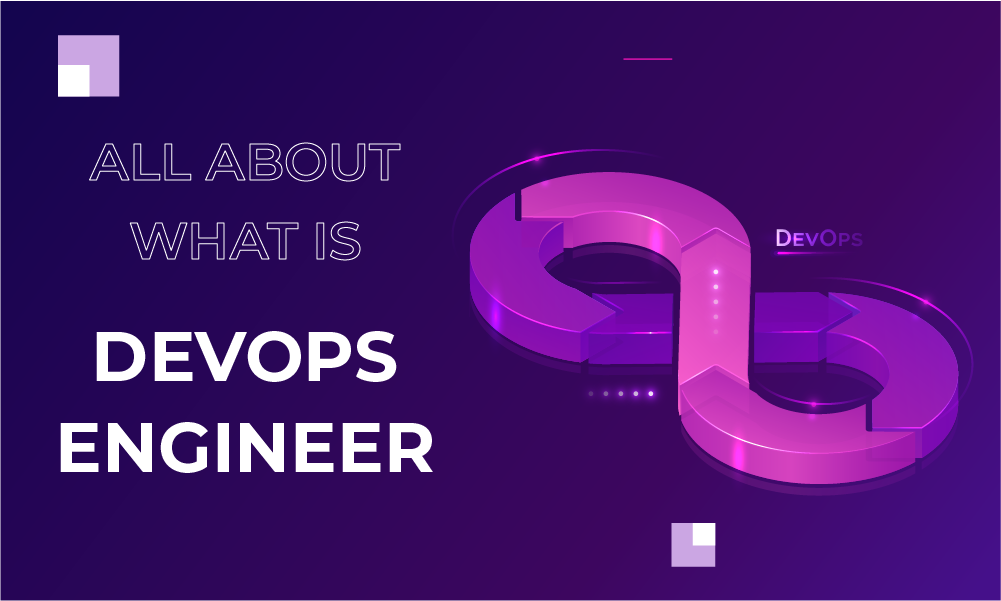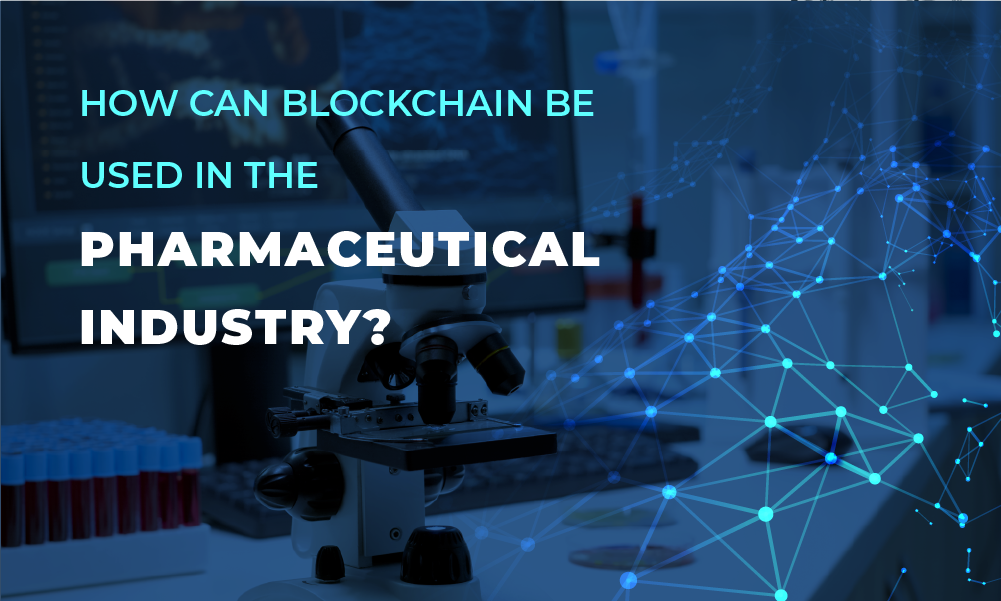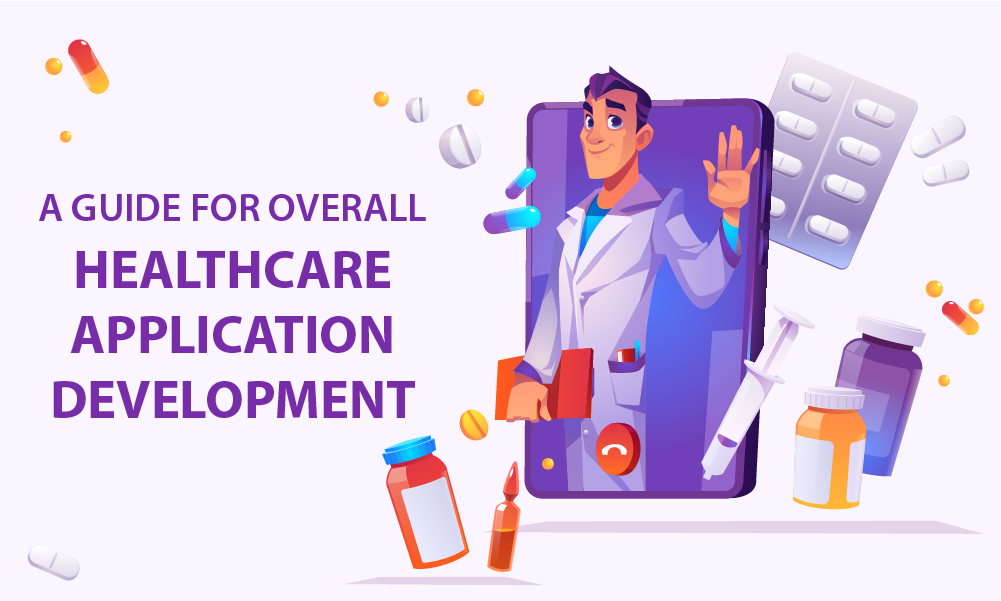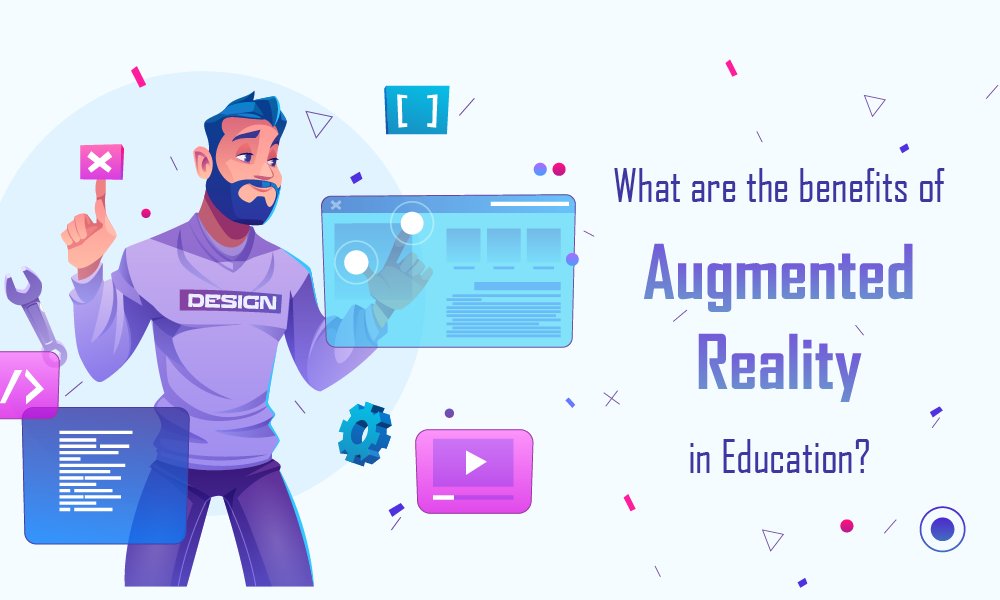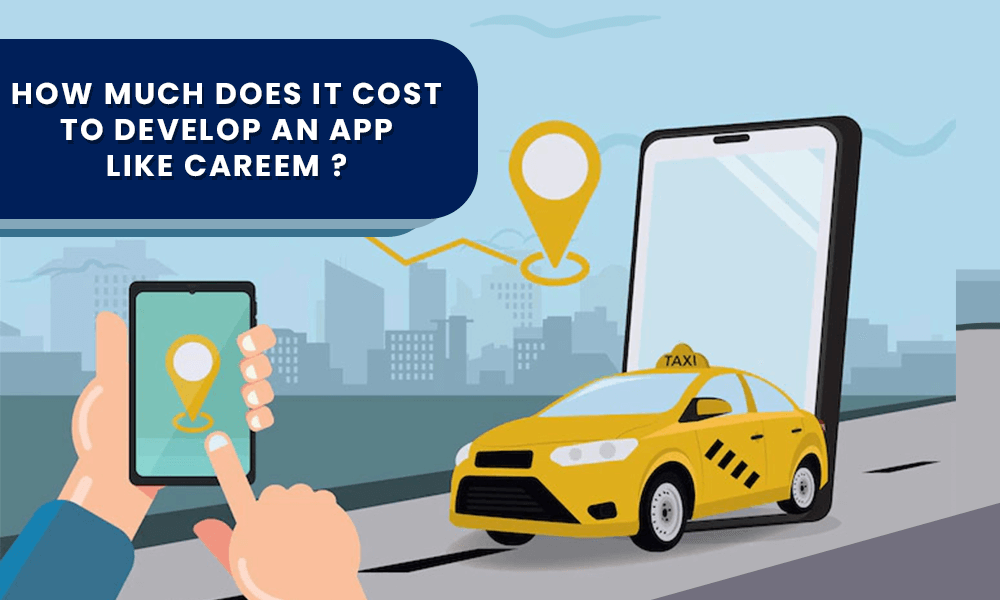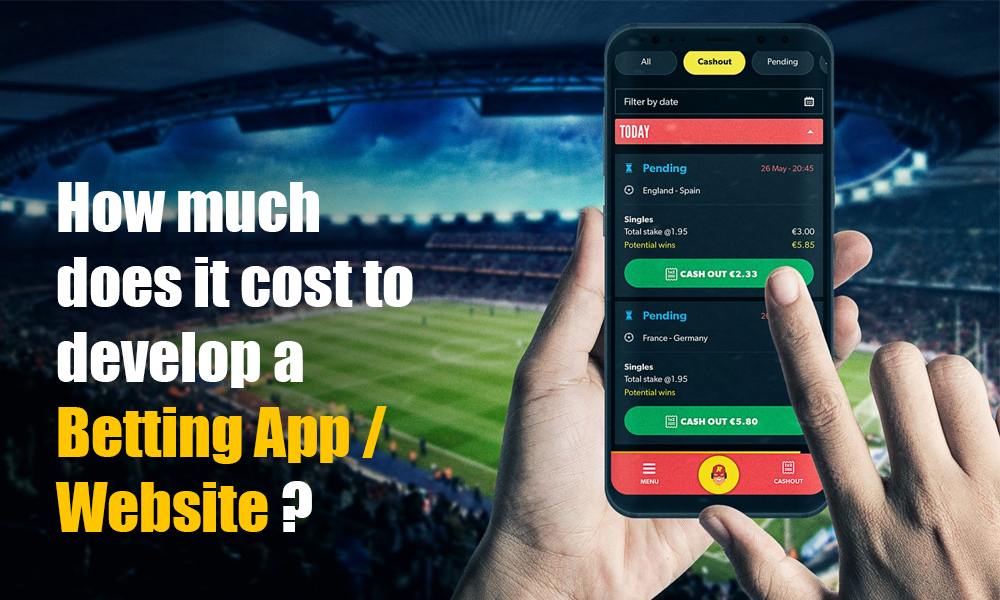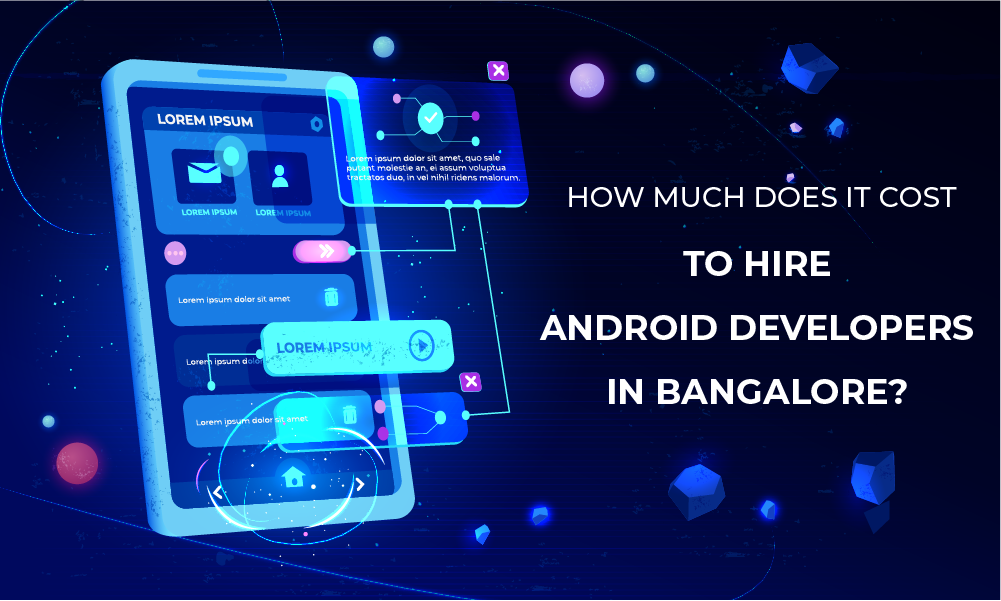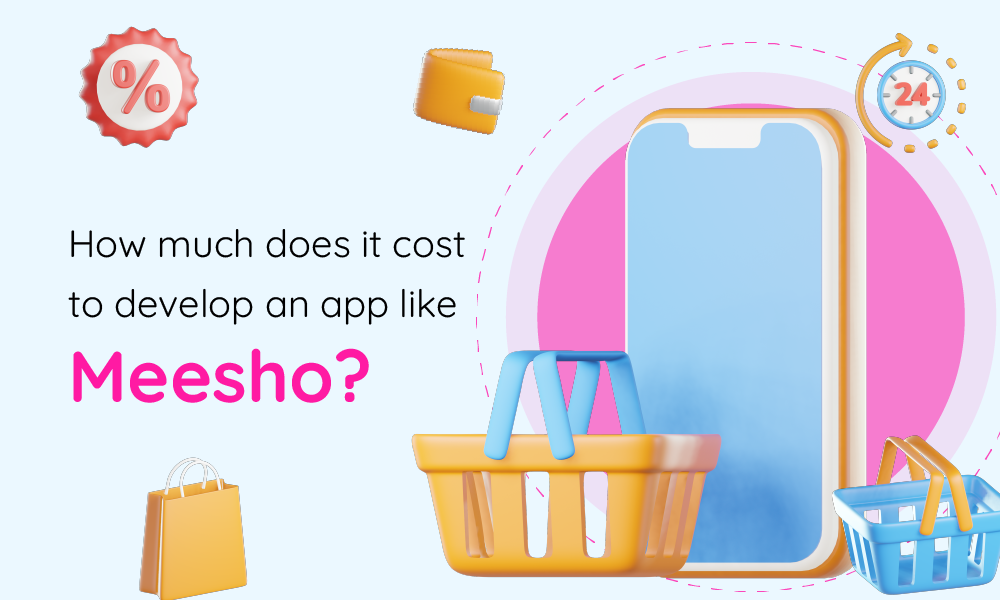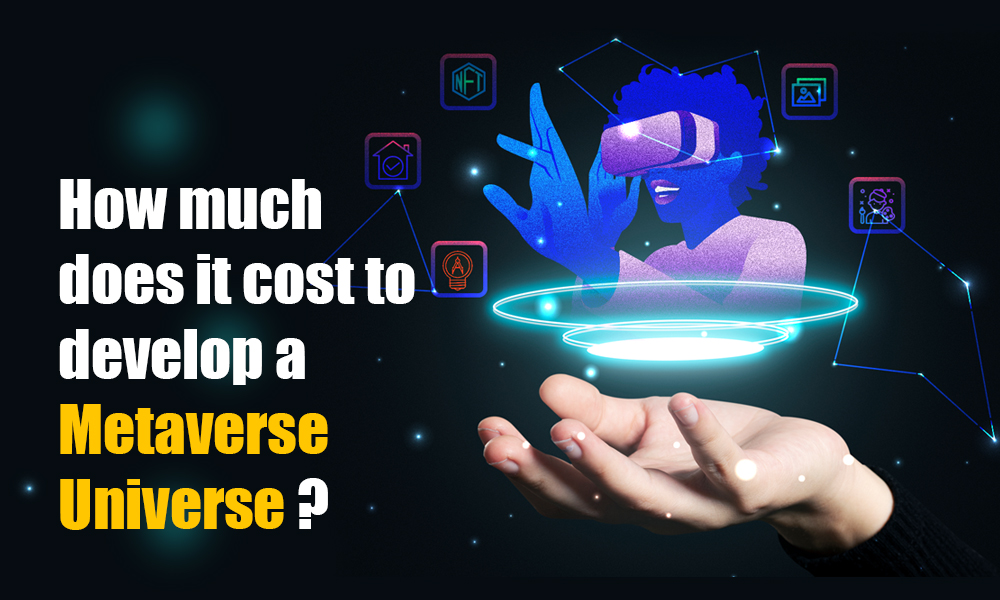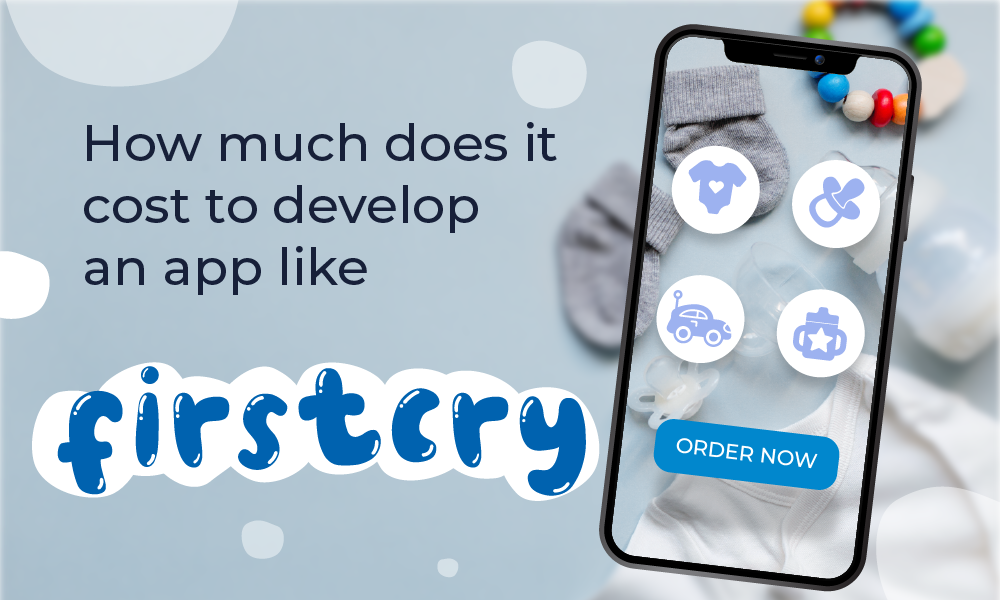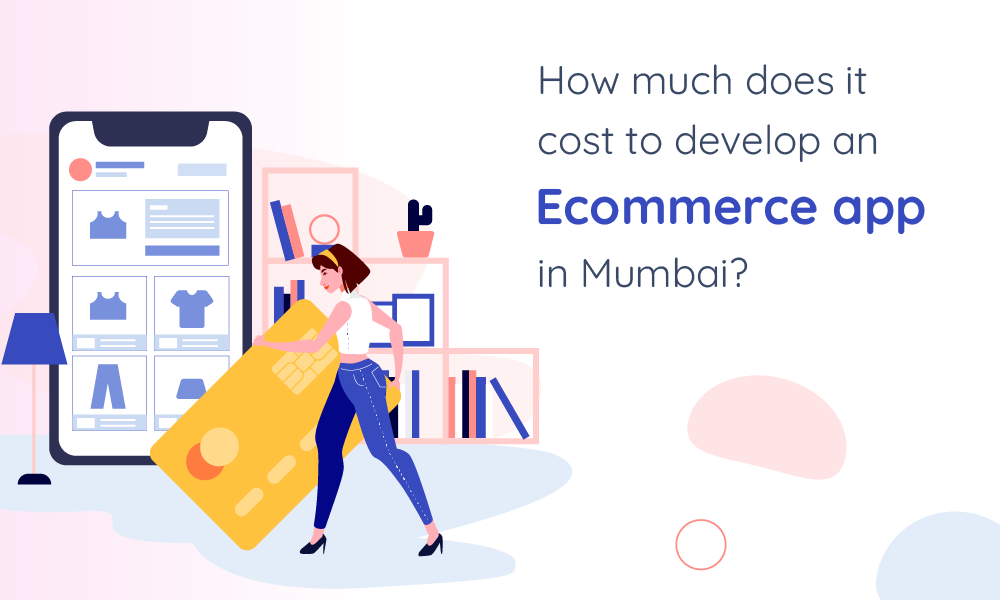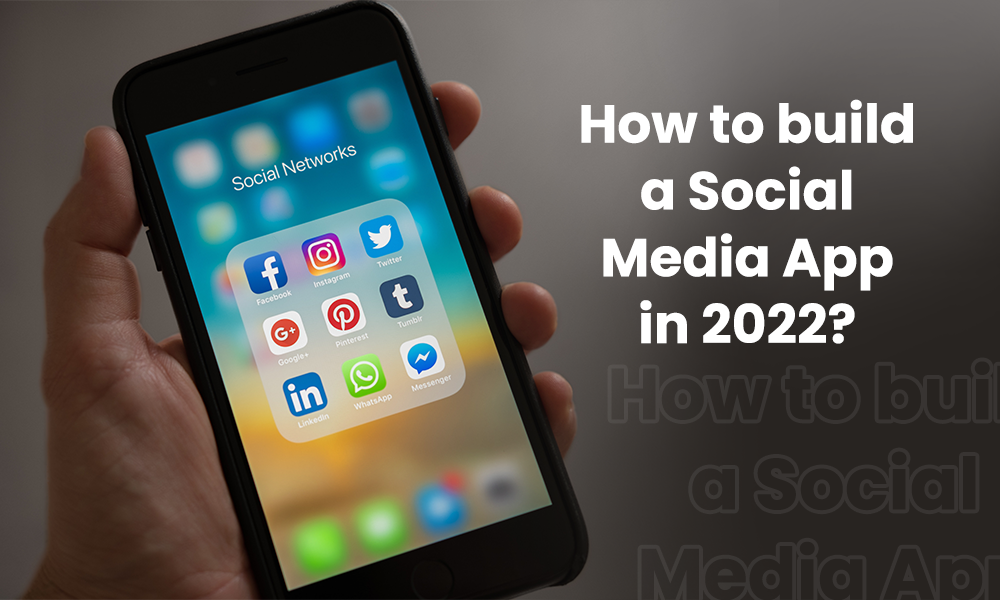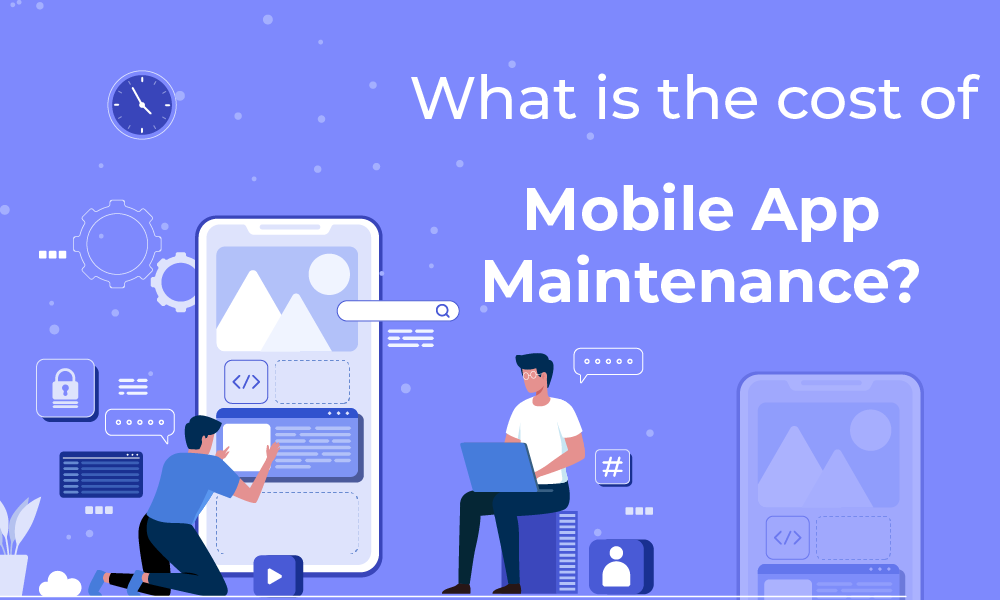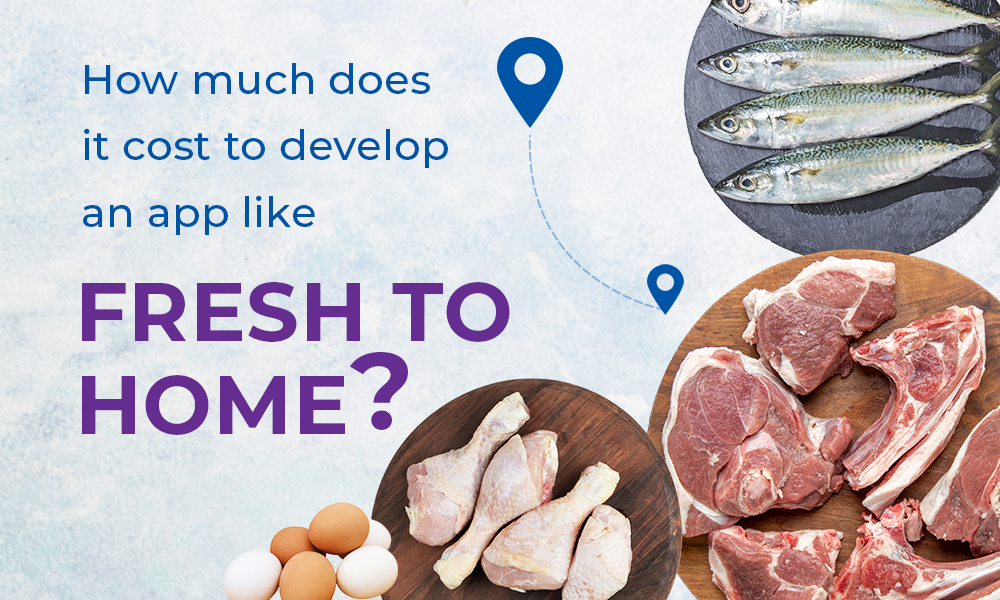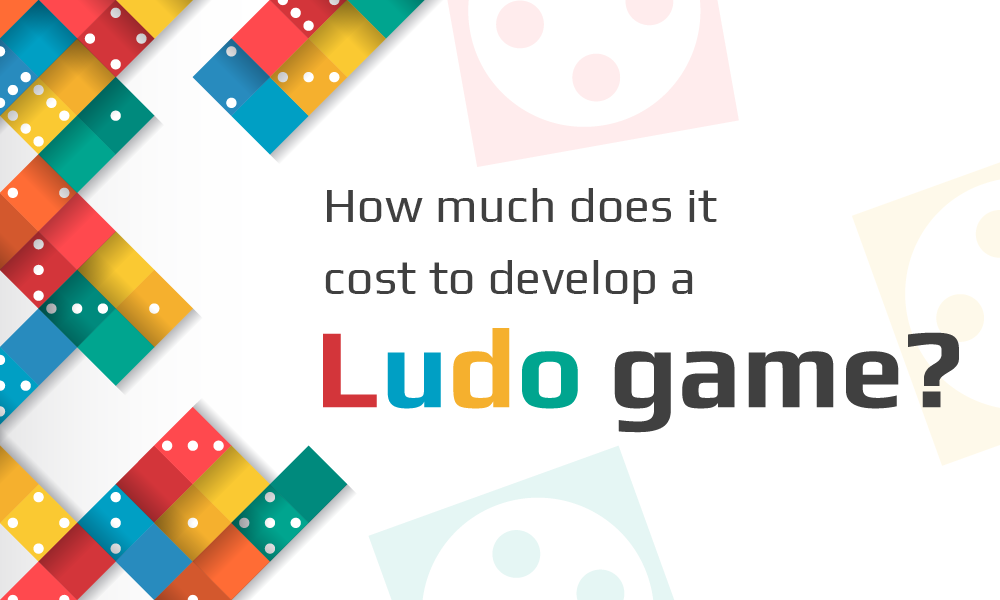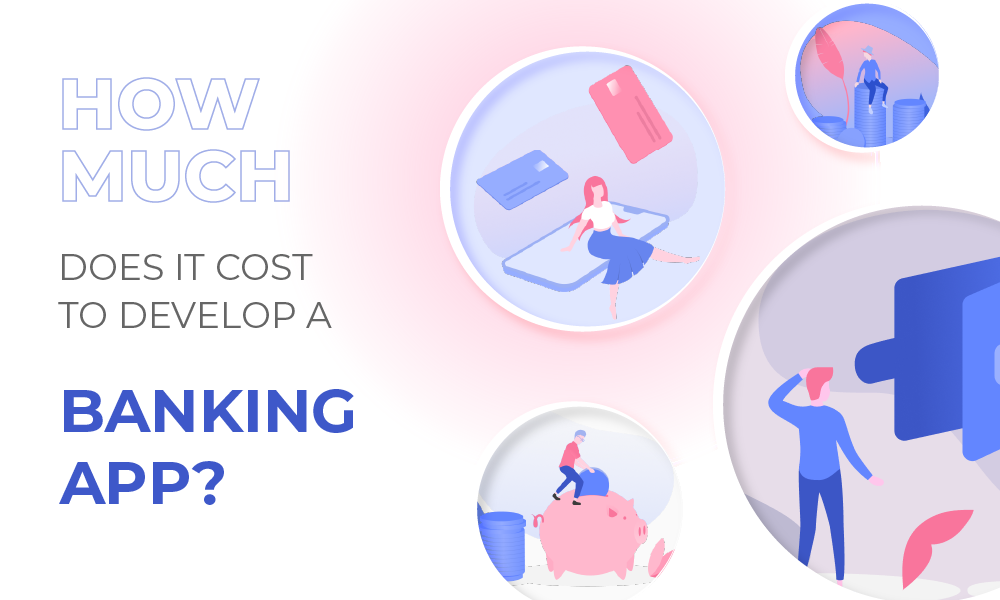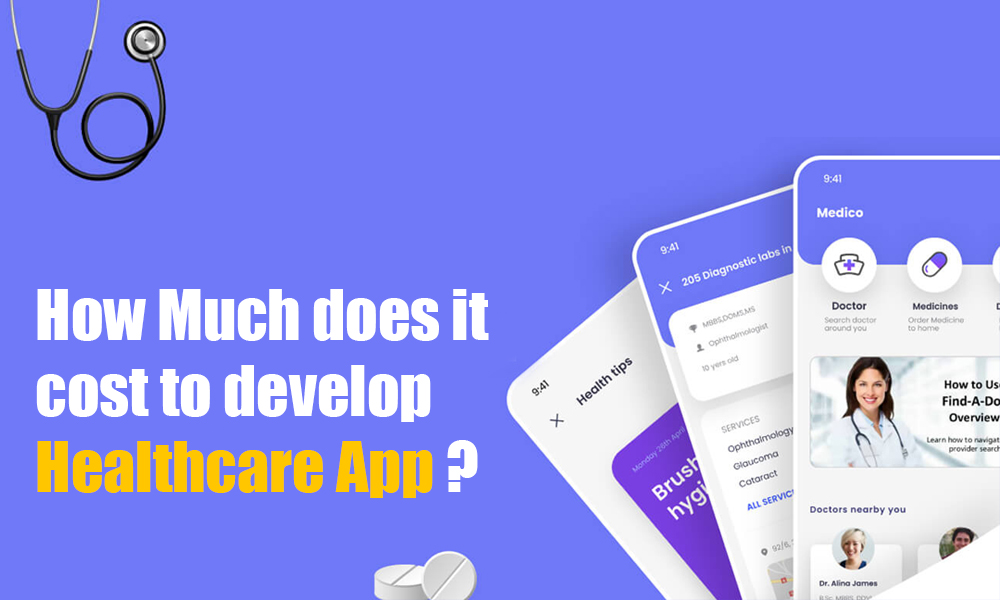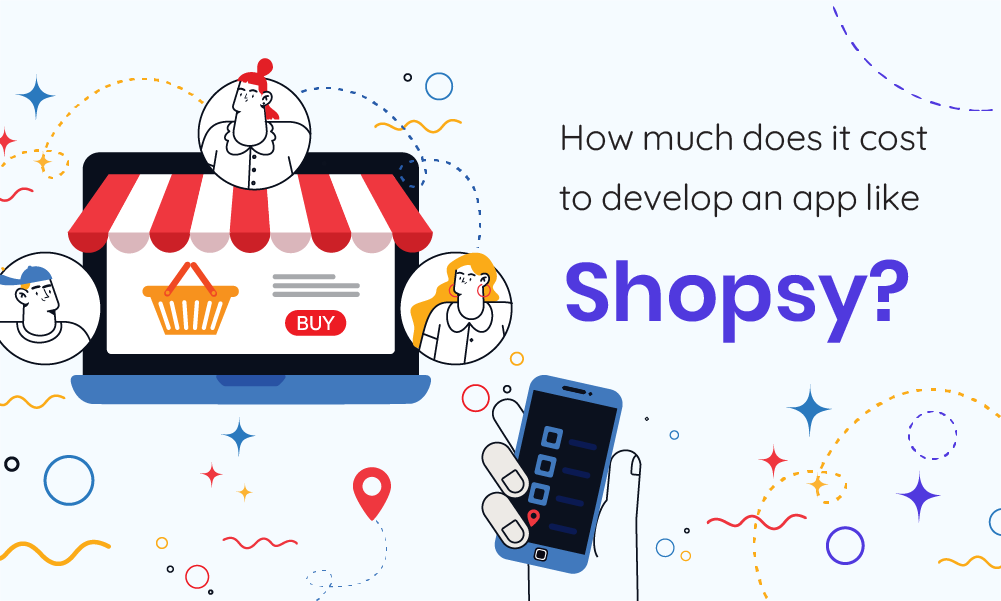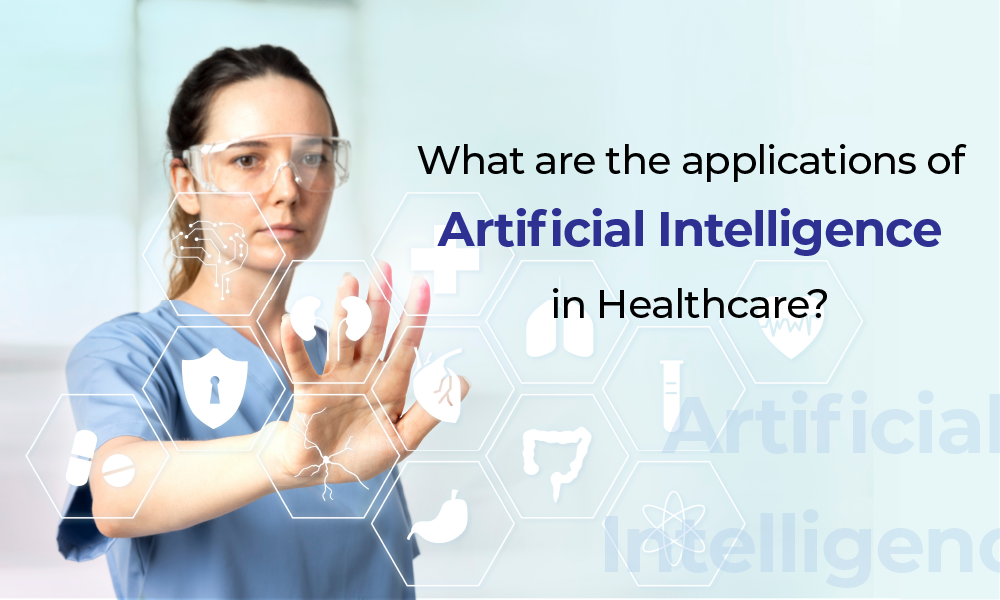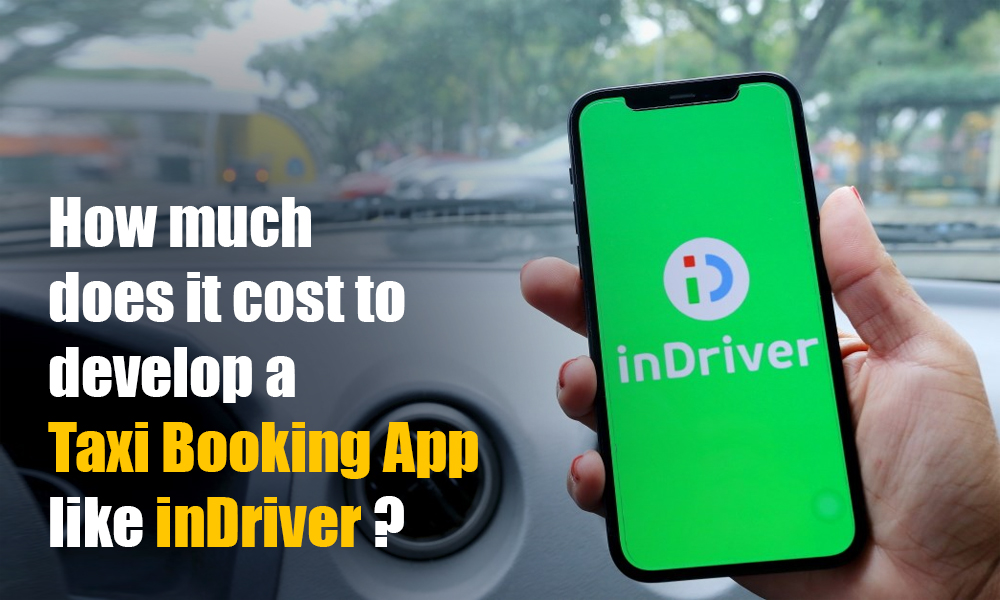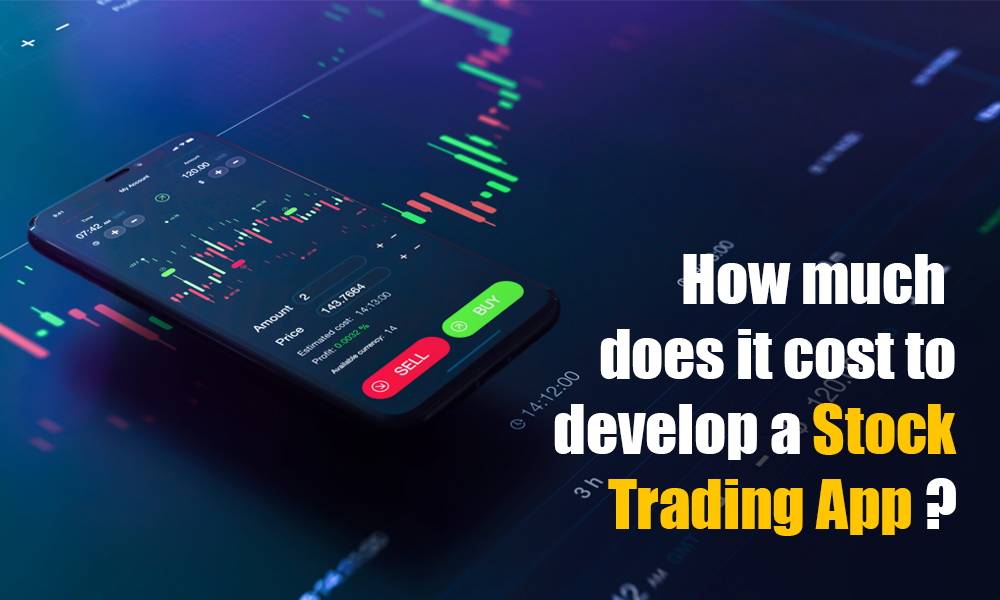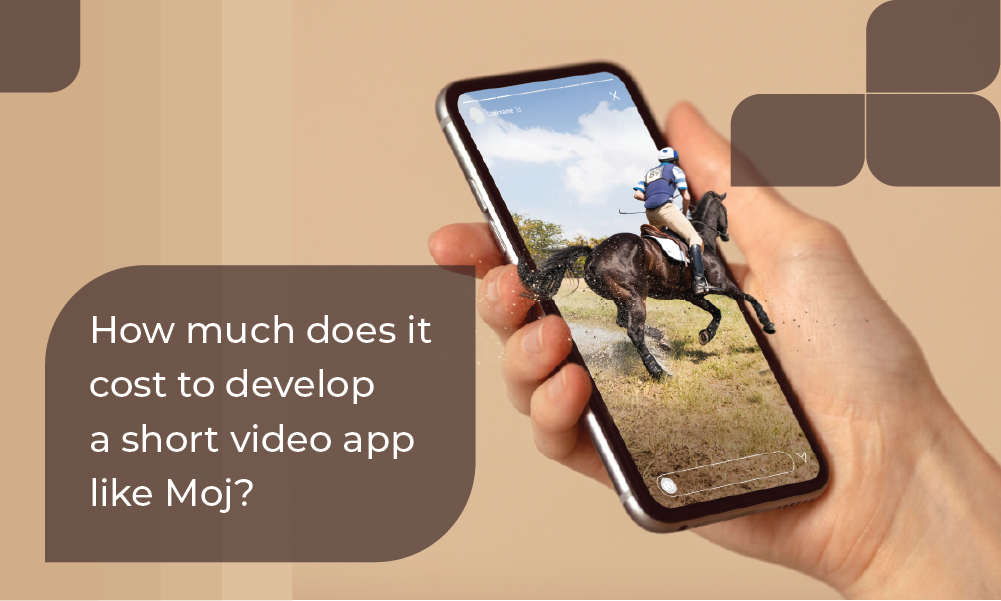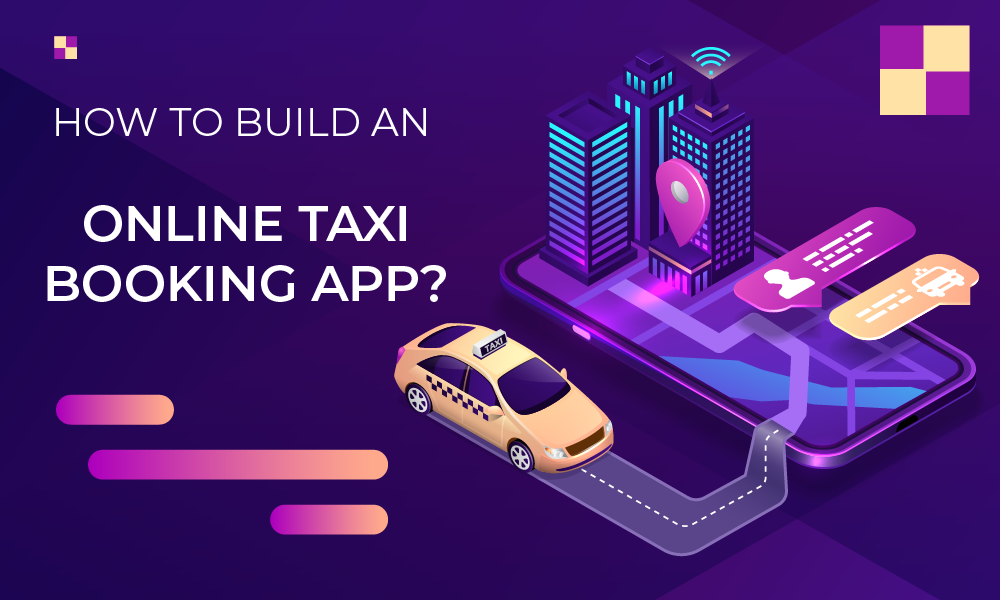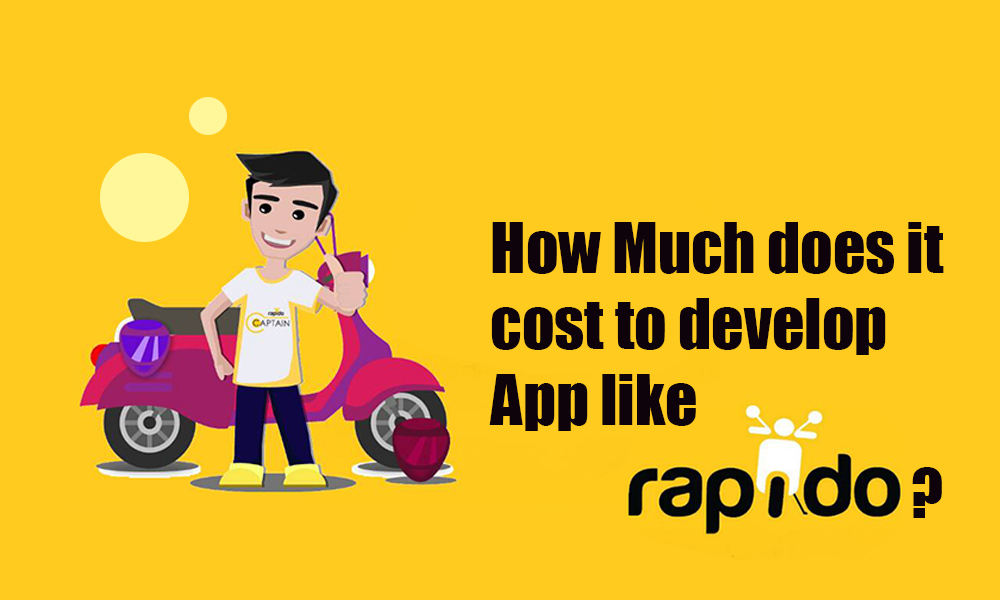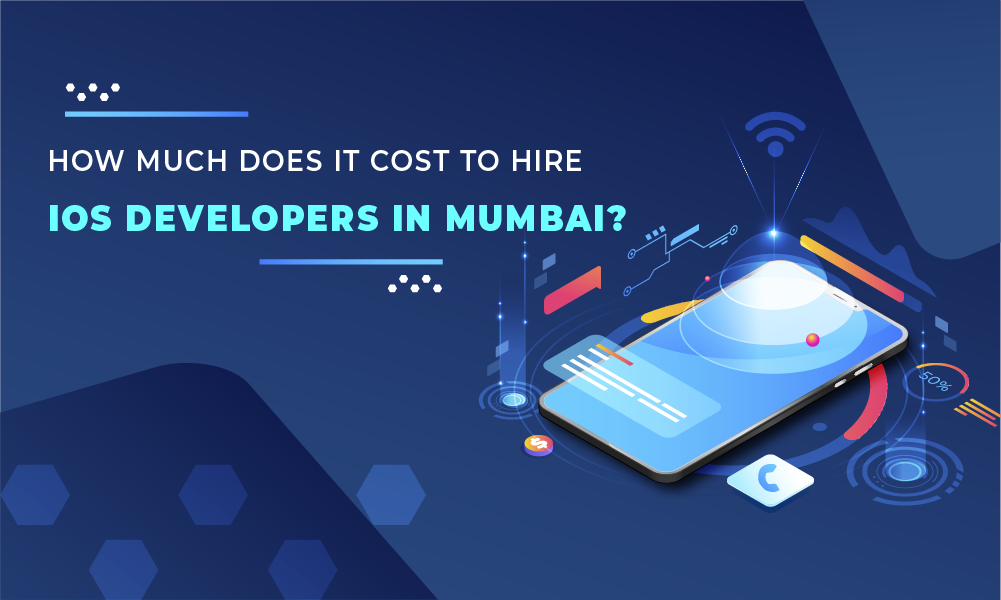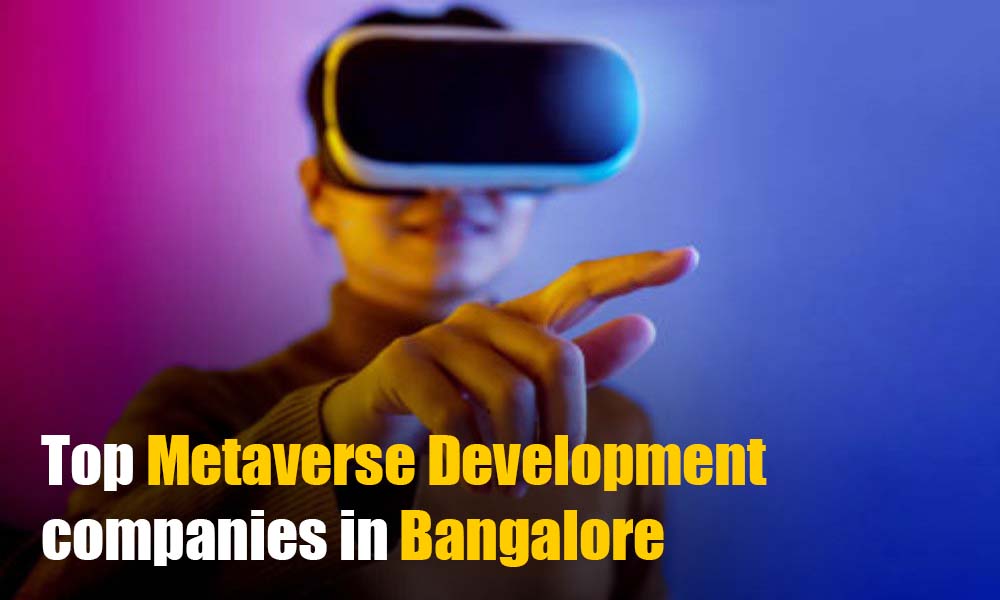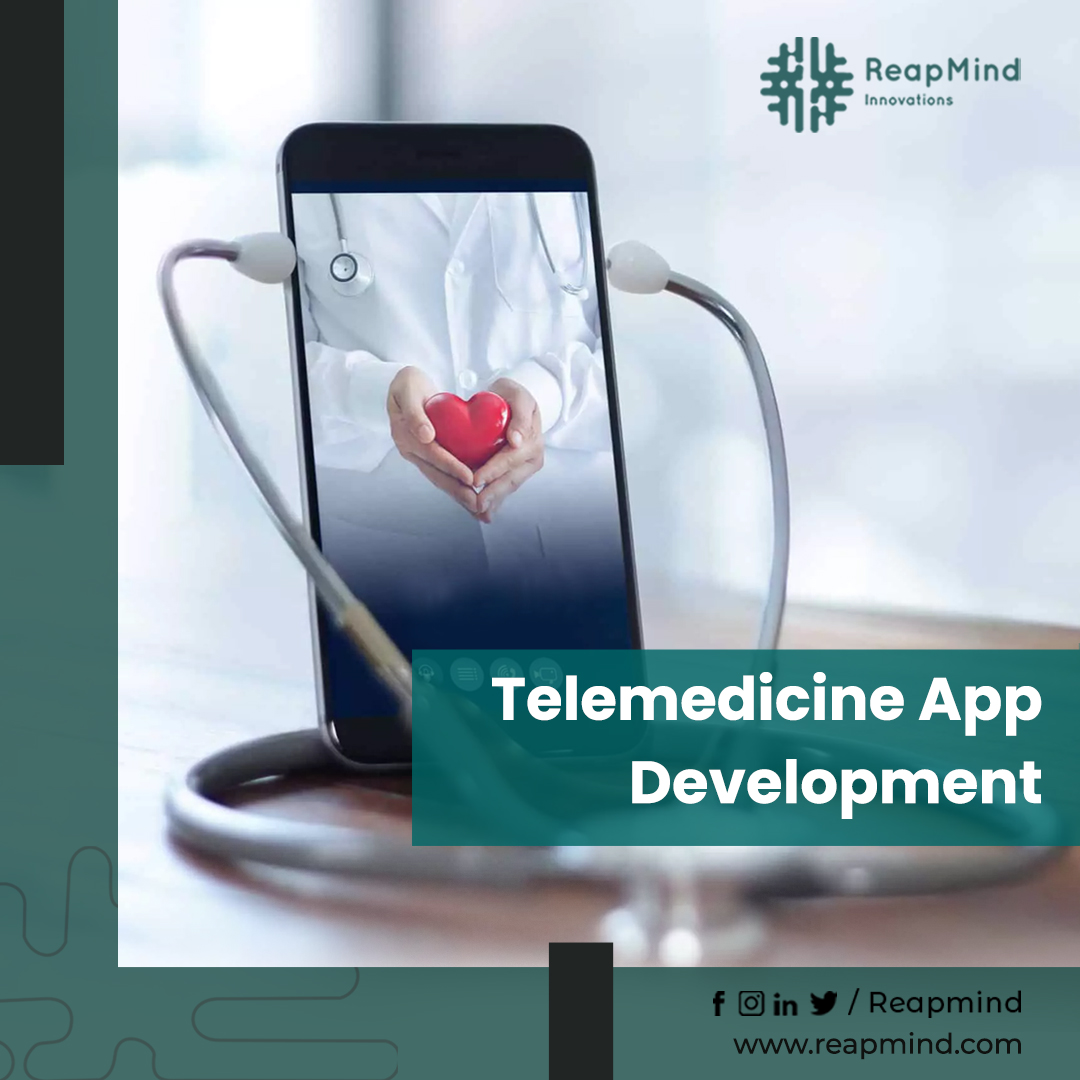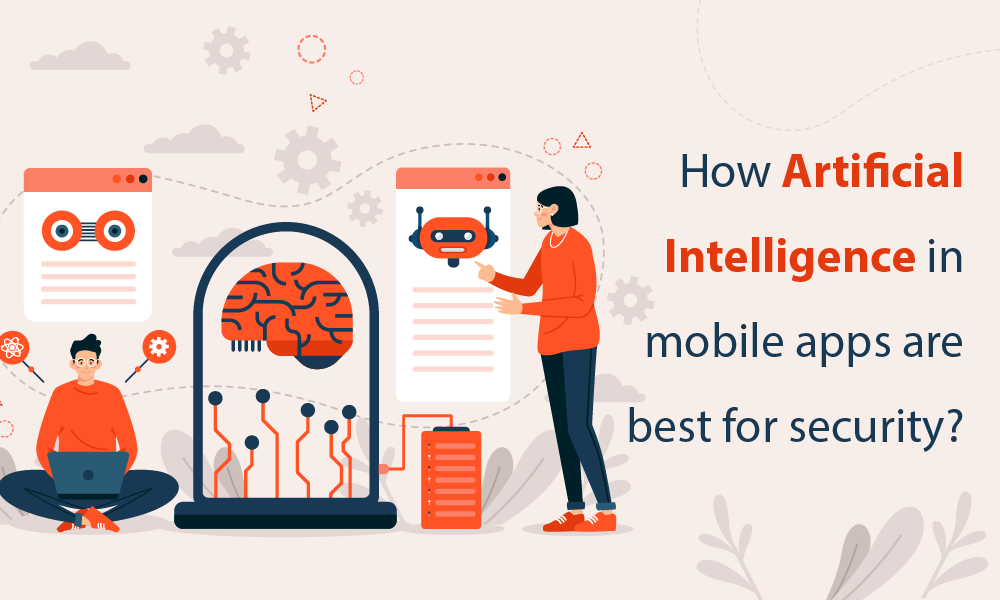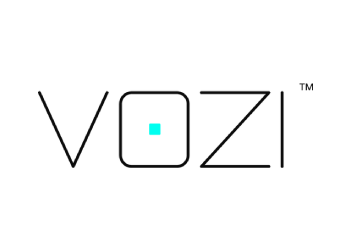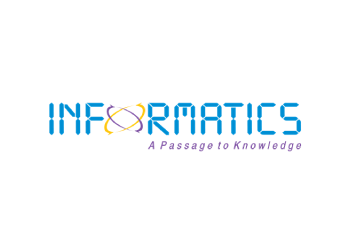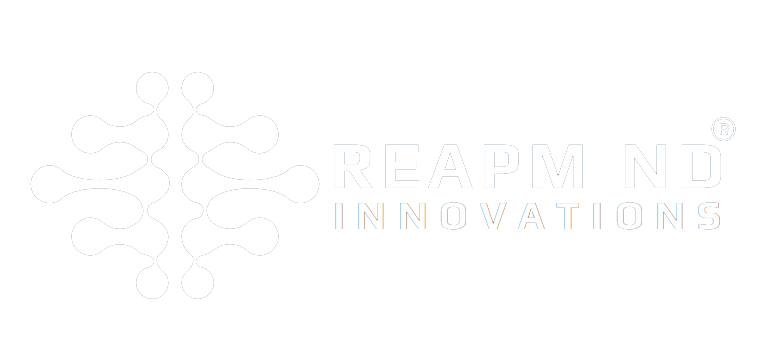What are the Applications of Artificial Intelligence in Healthcare ?
Table of Contents
ToggleArtificial intelligence is a technology on the verge of becoming a game-changing force in healthcare.
The healthcare business is getting restructured. There is practically unlimited potential to use AI in healthcare to deploy more precise, efficient, and powerful interventions at exactly the right moment in a patient’s care, from chronic diseases and cancer to radiography and risk assessment.
AI in healthcare provides a lot of advantages over traditional analytics and clinical decision-making tools. As humans engage with training data, learning algorithms can become more exact and accurate, allowing humans to obtain unparalleled insights into diagnoses, care processes, treatment variability, and patient outcomes.
AI is becoming more proficient at doing what humans do, but more efficiently, faster, and for less money. Machine learning in healthcare has enormous potential in healthcare. AI in healthcare is a growing component of our healthcare ecosystem, just as they are in our daily lives.
Applications in Healthcare
AI in Health Application
Individuals are encouraged to adopt healthier habits by using AI in healthcare tools and apps, which aid in the proactive maintenance of a healthy lifestyle. It gives customers control over their health and well-being.
Furthermore, AI improves healthcare providers’ ability to better understand the day-to-day patterns and requirements of the individuals they care for, allowing them to provide greater feedback, guidance, and support to help them stay healthy.
Early Detection
AI is being used to detect diseases more precisely and in their early stages, such as cancer. According to the American Cancer Society, a large percentage of mammograms provide misleading results, resulting in one out of every two healthy women being diagnosed with cancer. AI in healthcare is allowing mammograms to be reviewed and translated 30 times faster and with 99% accuracy, decreasing the need for unneeded biopsies.
To better monitor early-stage cardiac disease, doctors are combining consumer wearables and other medical equipment with artificial intelligence (AI). This allows them to spot potentially life-threatening incidents at an earlier, more curable stage than before.
Diagnosis
Predictive analytics can help clinical decision-making and actions, as well as prioritize administrative activities, to improve treatment by aligning massive health data with suitable and timely judgments.
Another area where AI is beginning to take root in healthcare is the use of pattern recognition to identify people at risk of developing a condition – or seeing one worsen – as a result of lifestyle, environmental, genomic, or other factors.
Lifecare
We are living considerably longer than past generations, and as we approach death, we are suffering differently and more slowly, from illnesses such as dementia, heart failure, and osteoporosis.
AI has the potential to transform life care by allowing patients to stay independent for extended periods, decreasing the need for hospitalization and care facilities. Machine learning in healthcare, paired with developments in humanoid design, is allowing them to go even further, allowing them to hold ‘conversations’ and other social interactions with people to keep aging minds sharp.
Research
AI in healthcare can help clinicians take a more comprehensive approach to disease management, better coordinate care plans, and help patients better manage and comply with long-term treatment programs, in addition to scanning health records to help providers identify chronically ill individuals who may be at risk of an adverse episode.
AI is now been used in surgeries where patients can see the surgery and also the surgeons are assisted for better results. They’re utilized in hospitals and labs for repetitive work, rehabilitation, physical therapy, and support for those with long-term problems, in addition to surgery.
Training
In a manner that simple computer-driven algorithms cannot, AI in healthcare allows those in training to go through naturalistic simulations; because of the emergence of natural speech and the ability of an AI computer to rapidly draw from a massive database of scenarios, a trainee’s answer to questions, decisions, or recommendations can challenge in ways that a human cannot.
Furthermore, the training program can learn from the trainee’s prior responses, allowing the challenges to be regularly changed to fit their learning needs and training may be done anywhere; with the power of machine learning in healthcare built in a smartphone, rapid catch-up sessions will be possible after a difficult case in a clinic or while travelling.
Conclusion
One of the most potential areas of development for this groundbreaking approach to data analysis is using AI in healthcare for clinical decision support, risk grading, and early alerting.
AI in healthcare will usher in a new era of clinical excellence and exciting advancements inpatient care by powering a new generation of tools and systems that make doctors more aware of nuances, more efficient when giving care, and more likely to get ahead of developing problems. To know more, visit ReapMind.
